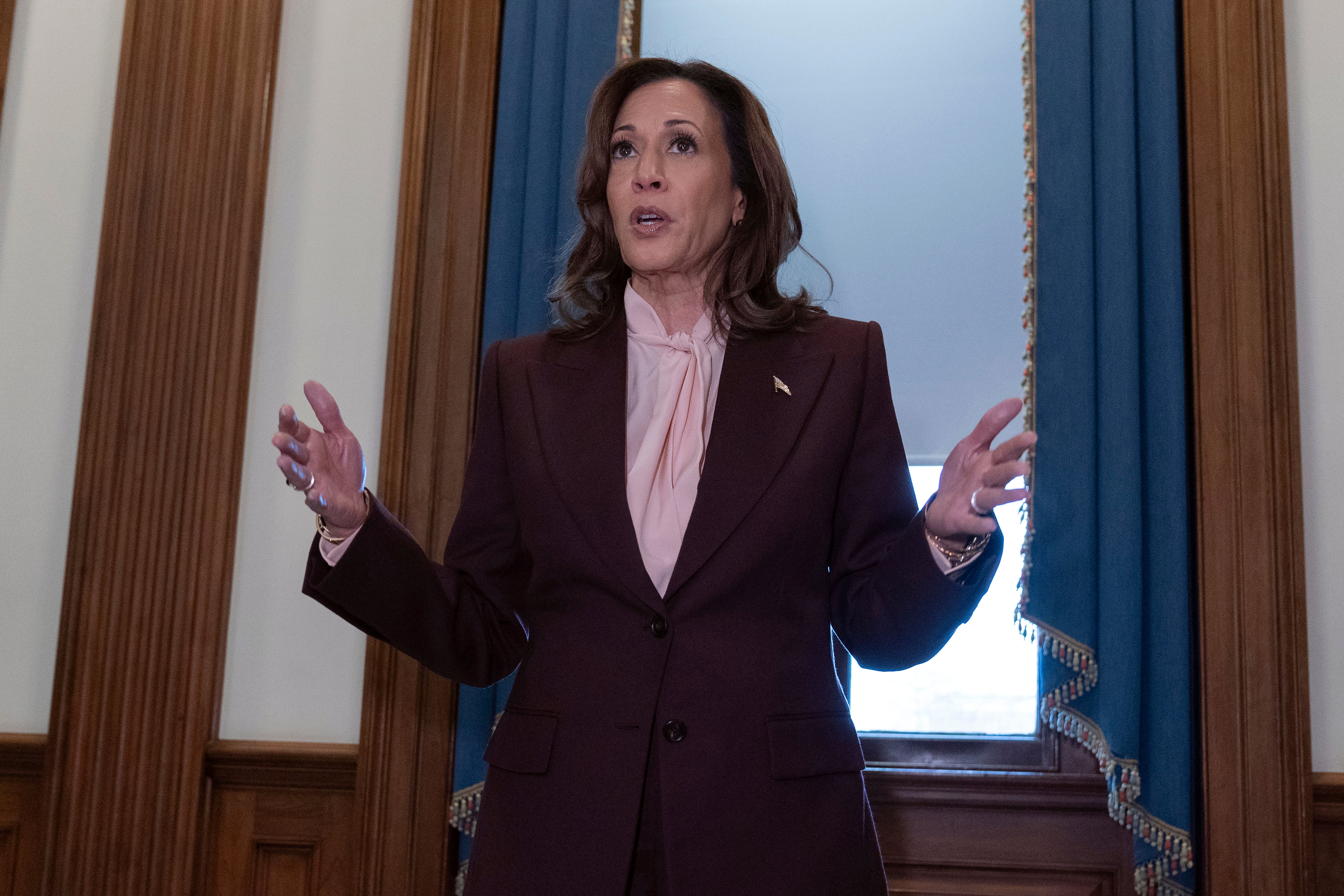Biden admin moves to scrub medical debt from credit reports. What you need to know
Unpaid medical bills will no longer appear on credit reports, where they can block people from mortgages, car loans or small business loans

Unpaid medical bills will no longer appear on credit reports, where they can block people from mortgages, car loans or small business loans, according to a final rule announced Tuesday by the Biden administration.
The Consumer Financial Protection Bureau (CSPB) rule will remove $49 billion in medical debt from the credit reports of more than 15 million Americans, according to the bureau, which means lenders will no longer be able to take that into consideration when deciding to issue a loan.
The change is estimated to raise the credit scores by an average of 20 points and could lead to 22,000 additional mortgages being approved every year, according to the bureau. Vice President Kamala Harris said in a statement announcing the rule that it would be “lifechanging” for millions of families.
“No one should be denied economic opportunity because they got sick or experienced a medical emergency,” she said.
“People who get sick shouldn’t have their financial future upended,” Rohit Chopra, the CFBB’s director, said in a statement. “The CFPB’s final rule will close a special carve-out that has allowed debt collectors to abuse the credit reporting system to coerce people into paying medical bills they may not even owe.”Harris also announced that states and local governments have used a sweeping 2021 pandemic-era aid package to eliminate more than $1 billion in medical debt for more than 700,000 Americans.
The administration announced plans for the rule in fall 2023.
The CFPB said that medical debt is a poor predictor of an individual's ability to repay a loan. Experian, Equifax and TransUnion, the three national credit reporting agencies, said last year that they were removing medical collections debt under $500 from U.S. consumer credit reports.

The move has already recieved pushback from Republicans, however, who could try and roll back Biden-era regulations using the Congressional Review Act under President-elect Donald Trump’s administration, according to the New York Times.
In August 2024, House Republicans also wrote a letter to Chopra citing “serious concerns” over an attempt to “weaken the accuracy and completeness of consumer credit reports,” after the CFB proposed the rule. The bureau has also been criticized by Republican lawmakers by for not pausing it’s regulatory agenda after the election, according to the Times.
Banks, meanwhile, have critiqued the proposal. The Bank Policy Institute in August 2024 wrote that the move would harm consumers by increasing the cost and decreasing the availability of credit.“
By significantly limiting creditors’ visibility into and consideration of a consumer’s medical debts and expenses in underwriting decisions, consumers may be extended more credit than they can afford, which could lead to default,” the group wrote
Additional reporting by AP.